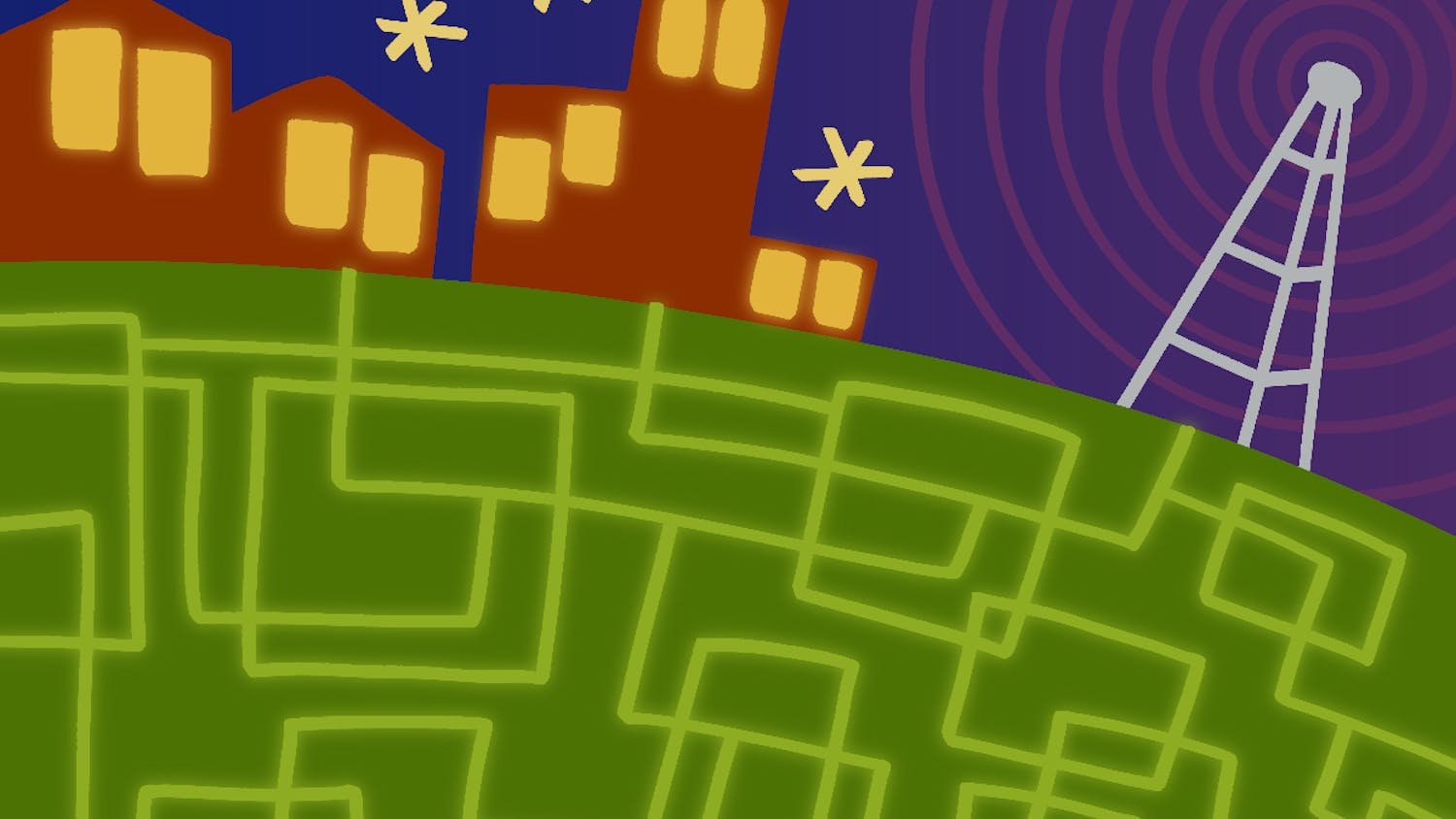For 40 percent of the world this year, the Internet could be a source of information, time-killing cat videos and a constant stream of Miley Cyrus tweets.
A recent United Nations report projects that by the end of the year, about 2.7 billion people will have online access.
However, many countries in Africa and Asia remain underrepresented in Internet use.
“The Internet should become a norm, not a luxury,” said UF senior Ronald Quan.
Quan, the 22-year-old vice president of the UF chapter of Association for Computing Machinery, said the Internet contains everything a person needs except for human contact.
But Dhanashree Thorat, a UF English graduate student who researches inequality in new media, said this isn’t the case. Lack of access to computers, software and an Internet connection creates a gap in the kind of knowledge found on the Internet, she said.
“Wikipedia articles on non-Western topics are sometimes underdeveloped or non-existent,” Thorat said.
Sophia Acord, associate director of the UF Center for the Humanities and the Public Sphere, said she questions the ability of the Internet to connect people globally when social biases still exist.
“People go on the Internet to find people who think like them,” she said.
This isolation has a variety of effects, she said, like making it difficult for political systems — especially democracy — to work efficiently.
Still, Acord said, the Internet has been helpful in certain cases. It allows immigrants and political activists to connect to each other and express their ideas.
In places like India and sub-Saharan Africa, she said, the cellphone is more significant to daily life than the Internet. Networks of communication have developed more around texting than tweeting.
“Do you need the Internet there? Sure,” Acord said. “Have they been waiting for it? No.”
Thorat said she recommends people in more Internet-dependent groups, like college students, become more socially aware online, where information can be biased. Students, she said, should recognize that technology is shaped by the culture that creates it.
“The Internet is not a utopian space,” she said.
A version of this story ran on page 8 on 10/22/2013 under the headline "Two-fifths of the world will be online by end of 2013, report says"






